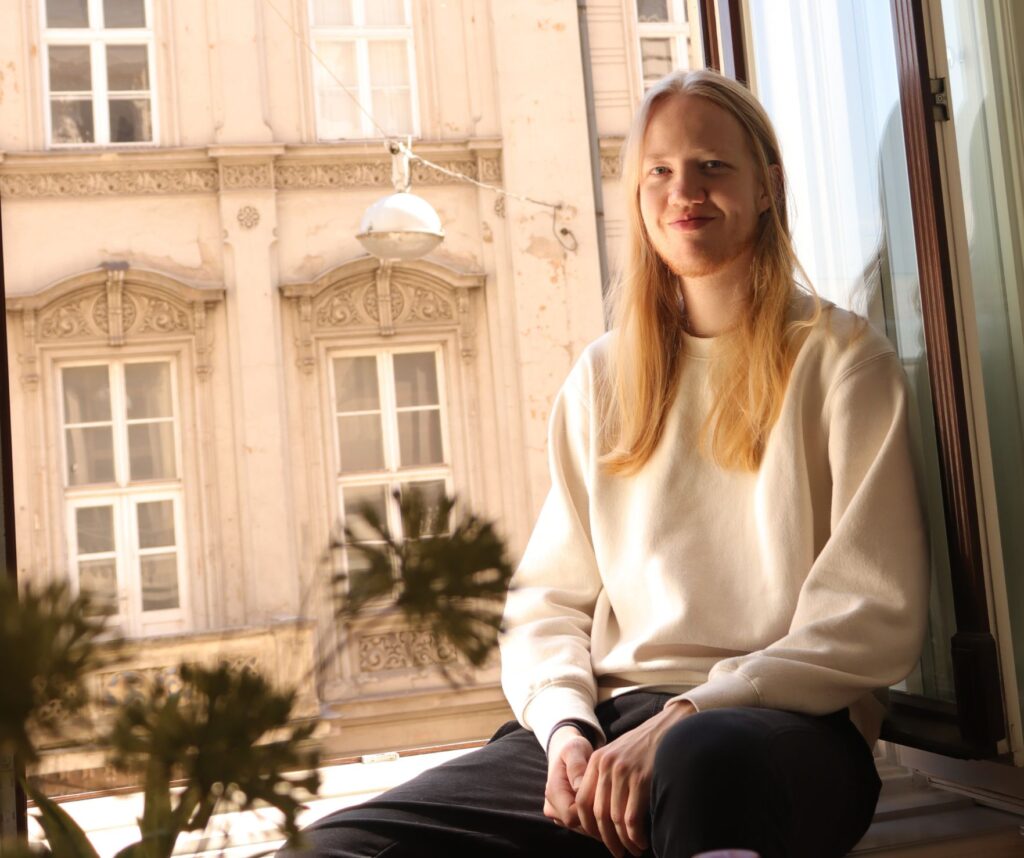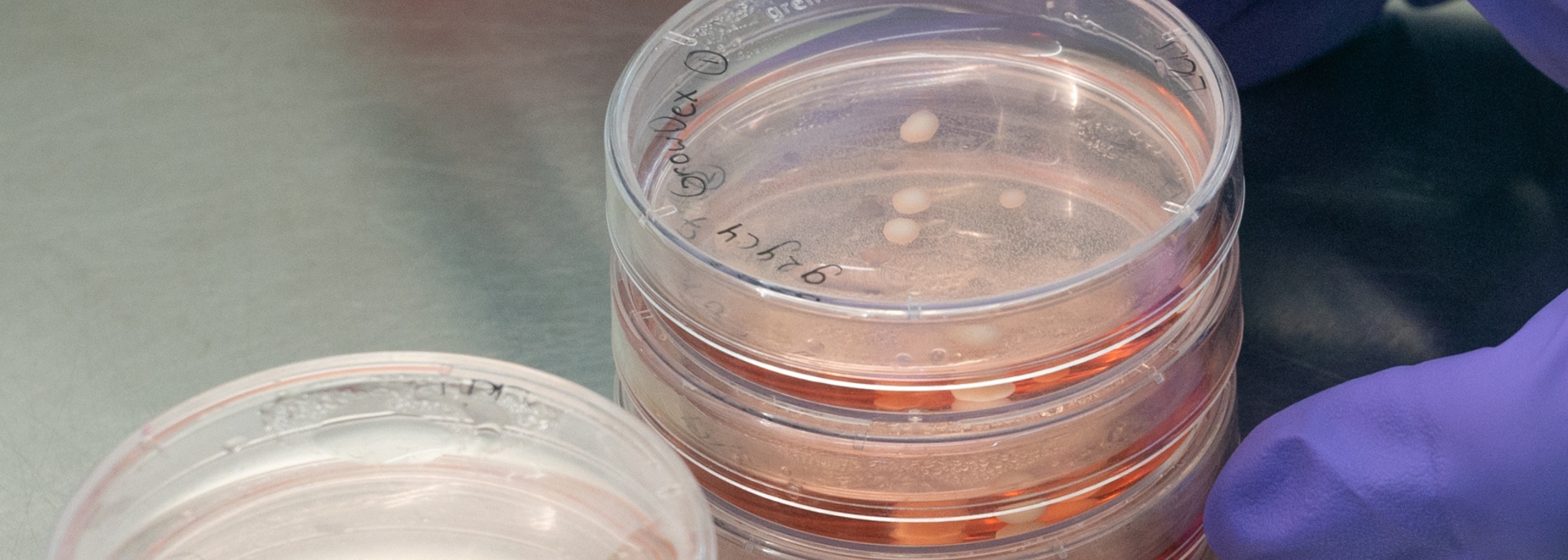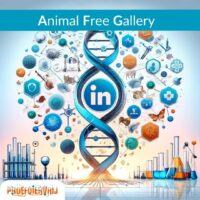Welcome to ‘Drijfveren.’ Here, researchers share what drives them to pursue animal-free research. This time, we hear from Lutz Tebbe, a master’s student in cognitive neuroscience at Radboud University Nijmegen. During his initial years of study, Lutz believed that brain researchers must always conduct animal experiments. However, in a course about working with lab animals, he also learned about alternatives. The university invited the organization Proefdiervrij to give a guest lecture on animal-free innovations. Lutz was pleasantly surprised to learn that there are different ways to conduct research: “Animal experiments have so many shortcomings. For instance, humans and animals behave very differently, making it difficult to translate research results from animals to humans.”
The coolest thing ever
From the moment Lutz, as a high school student, saw a model of how the brain processes signals, he found brain science to be “the coolest thing ever.” He chose to study cognitive neuroscience at Radboud University Nijmegen. “If I had to break it down, I would say that I deal with the user experience of all the processes happening in your brain.”
Animal experiments are still the golden standard
According to Lutz, it’s clear that research involving lab animals is not future-proof. Yet, he sees that animals are still the gold standard in brain science. “Scientists all know that animals are not good models for humans, but it’s difficult to get funding or publications if you don’t want to test on animals. It’s just ingrained in the system. As an established researcher, you have more choices, but young researchers who don’t want to work with lab animals can struggle at the start of their careers.”

Lutz
Focus on science, not ethics
Lutz prefers not to talk about the ethical side of using lab animals. “Of course, that plays a role, but if you focus too much on animal welfare, you risk being dismissed by colleagues as an ‘animal lover’ and being taken less seriously. I think it’s better to look at it purely scientifically: many results from animal experiments turn out to be outright wrong, partly because it’s hard to translate results from animals to humans. But also because it’s difficult to precisely replicate an animal experiment, making it hard to compare results from different studies. This is not appealing to scientists: we all want to work with models that advance science. If we start from that desire, we naturally arrive at animal-free models.”
Learning from other expertise
After the guest lecture, Lutz participated in a Helpathon, an event where professionals from various backgrounds come together to solve an animal-free research question. Proefdiervrij was also present. “I wasn’t sure if I could attend because I’m still a student. When I received an email saying I was welcome, I was super excited.” He found it a valuable experience. “The question one person raised could sometimes be immediately solved by a participant with a different expertise.” He joined Young TPI, a group for young researchers who want to contribute to the transition to a world without lab animals.
Showcasing animal-free models
Lutz believes there should be more attention on animal-free research models and thinks young researchers can contribute to this easily. “For example, mark all studies in Google Scholar that didn’t test on animals. This way, you gain more knowledge to share in conversations with colleagues.” Lutz himself likes to talk about brain organoids and brains-on-a-chip. “They are so incredibly advanced that it’s truly unbelievable that we don’t use them more often.”
The ultimate question for young researchers
Ultimately, Lutz thinks there’s one question young researchers should ask themselves more often: “Do I accept animal experiments because they make sense, or because my teacher or supervisor does it?”
Lutz’ story shows that the path to animal-free research is not only possible but also necessary. By collaborating, sharing knowledge, and encouraging young researchers to embrace animal-free models, we will advance science and create a future where animal experiments are unnecessary. Lutz’ advice to his colleagues is clear: dare to be critical and consciously choose scientific progress without animals. Thank you, Lutz, for this interview and for leading others toward an animal-free world.
Join our LinkedIn group
The Animal Free Gallery is your platform to share successes, exchange knowledge, and network with like-minded professionals and scientists. Together we can make strides towards innovations without animal testing. Join us and celebrate every development towards ethical and innovative research!


